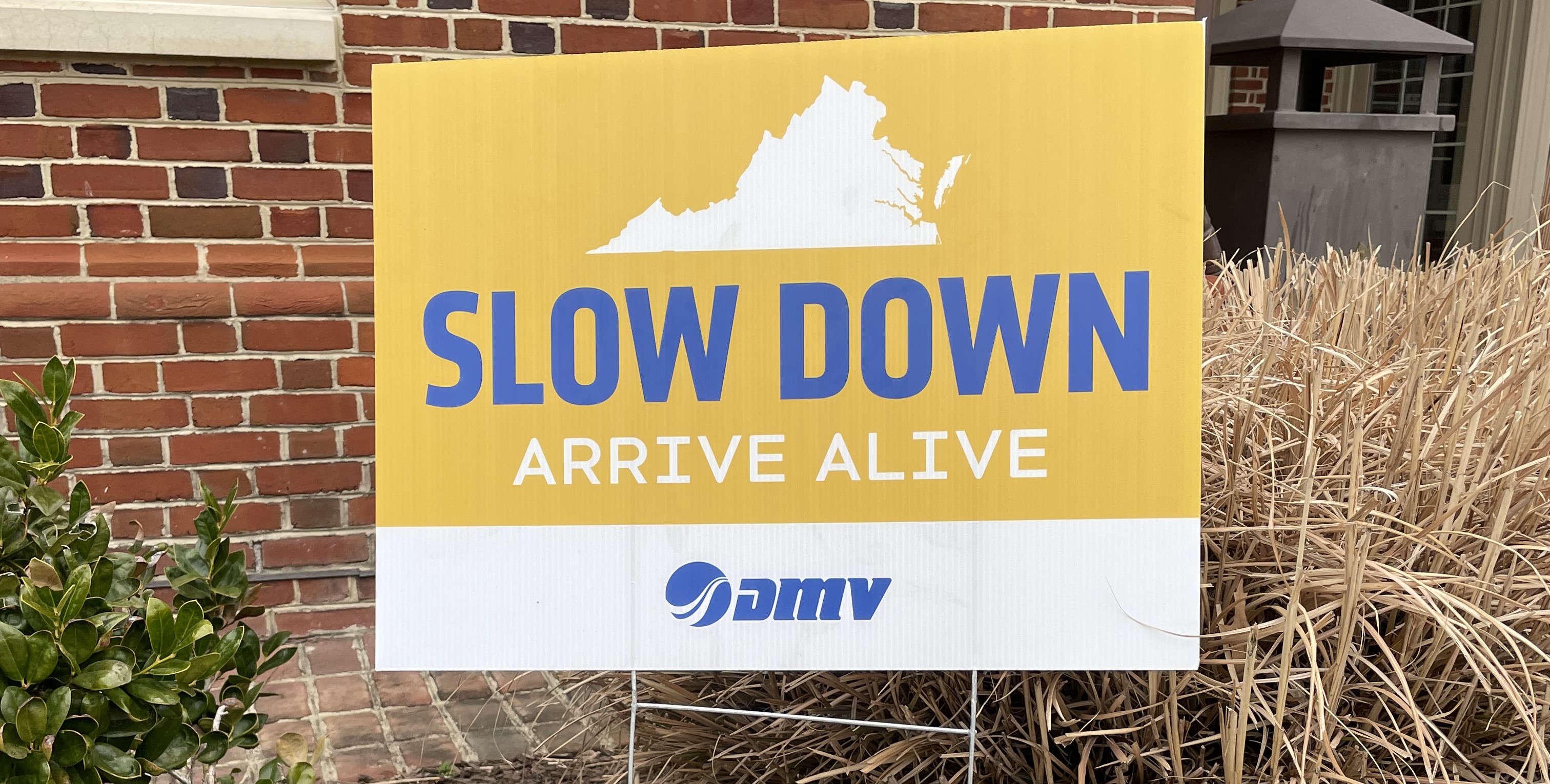CHARLESTON, W.Va. (AP) – West Virginia’s new law extending health care coverage to children with autism may not do what its supporters intended, and a fight is brewing with insurers over pending legislation on the subject.
The law passed last year aims to require public and private insurance to cover treatment for these neurological disorders. It also sets caps based on age: up to $30,000 annually for the first three years – children can be diagnosed as early as 18 months – and then $2,000 monthly until age 18.
Lawmakers who supported the bill and advocates for families of children with autism say the caps were meant for applied behavioral analysis. This therapy is considered crucial, particularly at an early age. Insurance has not covered ABA therapy in West Virginia, forcing parents to pay out-of-pocket or go without. The new law made West Virginia the 25th state to require autism coverage.
Before the 2011 legislation’s final passage, earlier versions of the bill described the caps as maximum benefits for applied behavioral analysis. So did the review by the Public Employees Insurance Agency of the potential costs to its coverage plans.
But the final version of the bill instead refers to the maximum benefits “for treatment.” The change in language has proved crucial: insurers interpret it to mean all treatment, including drugs as well as speech and other forms of therapy. That would greatly diminish the value of the benefit, as families would reach the annual or monthly cap more quickly.
Supporters argue the change is a typo. They count it among several technical flaws in the new law that legislative staff discovered months after its passage.
Rita Pauley, a lawyer for the Senate Judiciary Committee, brought these to the attention of a joint interim study committee in October.
“It was never intended that the cap would apply to all treatment these kids receive,” Pauley said during the October meeting. “It was just for the applied behavioral therapy.”
Supporters have rallied behind the proposed fix, drafted by that study committee and introduced last month. Limiting the cap to ABA therapy, the bill was endorsed Thursday by the House Judiciary Committee and advanced to House Finance.
“The intent of the legislation was to have meaningful autism insurance reform,” Jill Scarbro-McLaury, a nationally certified ABA analyst, said Thursday. “That intent was not carried out.”
Not so, say insurers. Fred Earley is president of Highmark Blue Cross-Blue Shield West Virginia, the state’s largest private insurer. The cap is supposed to apply to all autism-related treatment, Earley said Thursday. Insurers agree with making technical corrections, but believe the pending bill wrongly goes beyond that, Earley said.
“We are opposed to modifying the cap mechanism portion of the legislation, which was carefully negotiated and passed last year,” Earley said.

 The Shadow
The Shadow






